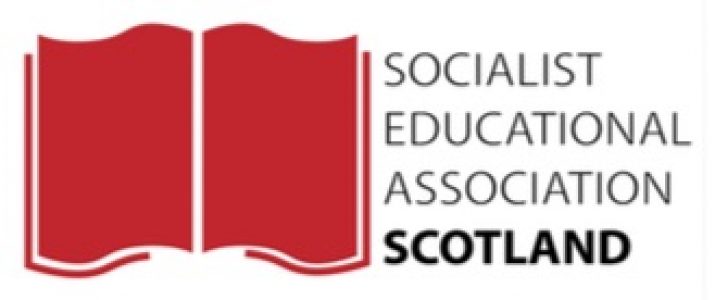Seems now we just can’t keep those exclusive private schools out of the glare of poor publicity. Given the present context, the SEAS supports the call for a consideration of the governance and safeguarding issues in the private fee-paying sector in Scotland. Maybe even ask the question do we really need them?
We do need to be mindful that schools in the private sector, face a context of significant challenges. Their challenges include decade-long declining numbers, continual concerns about safeguarding in independent schools yet a softly, softly approach from the SNP Government and Her Majesty’s Inspectors to Scotland’s elitist autonomous schools.
Firstly let’s be open and honest about private schools. They are in decline. They are unable to reverse a decade-long decrease in numbers and most worrying for them this is marked at the primary stages with about a 10% fall since 2007. Scottish parents have continued growing confidence in the state system’s very good inclusive primary schools to deliver the capacities of a broad general education better than the private sector.
We know from basic economics that decreasing demand for commodities like private schooling leads to price reductions. Now in Scotland we have the introduction of “no frills” education. It will be interesting to see how numbers shake-up in the private sector. The “no frills “ approach of the recent potential new entrant to private schooling in Scotland was welcomed by the Tories education spokesperson as something ”imaginative and creative.” While Tories and SNP cut education budgets and support private schooling the Labour Party would reverse such cuts and invest in inclusive approaches.
Secondly, recent concerns about safeguarding in private schools are not one offs or individual attacks launched on a school as the principal of one of Edinburgh’s schools viewed complaints. In 2017, HM Inspectors published their review of the Scottish education system from 2012-2016. There was only one sector among primary, secondary, special schools and prison education where concerns about care and safeguarding were expressed. It was stated in the sector report on independent schools that
“inspectors identified weaknesses in approaches relating to child protection and safeguarding in a few schools. This included staffing issues such as disciplinary procedures and safe recruitment practices.”
During this period one private school Hamilton School in Aberdeen was closed by Scottish Government’s registrar of independent schools. According to the BBC report, the now unavailable HMI report stated
“Due to the extreme and serious management failings, along with the endemic, negative ethos within the school, HM Inspectors are not confident that children at the Hamilton School and Nursery are safe.”
Others schools outwith the state system, like Merchiston Castle or Donaldson’s School have had reports highlighting weaknesses in care and welfare and safeguarding of children. The SCIS annual report for 2016 managed to skip over such concerns. The SEAS wonders if care and safeguarding are accounted for in the new imaginative, creative no frills private sector.
The third factor compounding all this is Scottish Government’s and Education Scotland’s over-supportive and positive acclamation of this divisive sector. John Swinney this year was a key speaker at the council of independent schools and wanted independent schools to collaborate more with state schools. It seems the shared agenda would be around governance (backing SNP moves away from accountability of local councils) and testing.
Due to cuts in numbers of inspectors, Scottish schools in general across the state sector are less inspected than previously. However it looks like there is a deliberate policy of not inspecting and over supporting the independent sector. Over a four-year period only 10 private schools were inspected but 25 had support visits.
Under SNP, in addition every private school is supported by one of Her Majesty’s Inspectors who acts as the Link Inspector for that school. No local authority receives such a high level of support. This softly softly approach seems to be very well received by the private schools. The SEAS believes no charge is made for such civil service time.
This level of backing is before we discuss tax avoidance and their charitable status. The SEAS fully supports the Scottish Labour Party ending their charitable status and tax exemption from VAT. We’d like to see them lose the charitable treatment from the SNP and HMI too.
SEAS sees private schooling as only reinforcing inequality. Indeed there is no better representation of the impact of inequity in education than that of private schooling. It highlights a divide in society and a marked difference in how Scottish Government is too willing to support not the many but the few.



